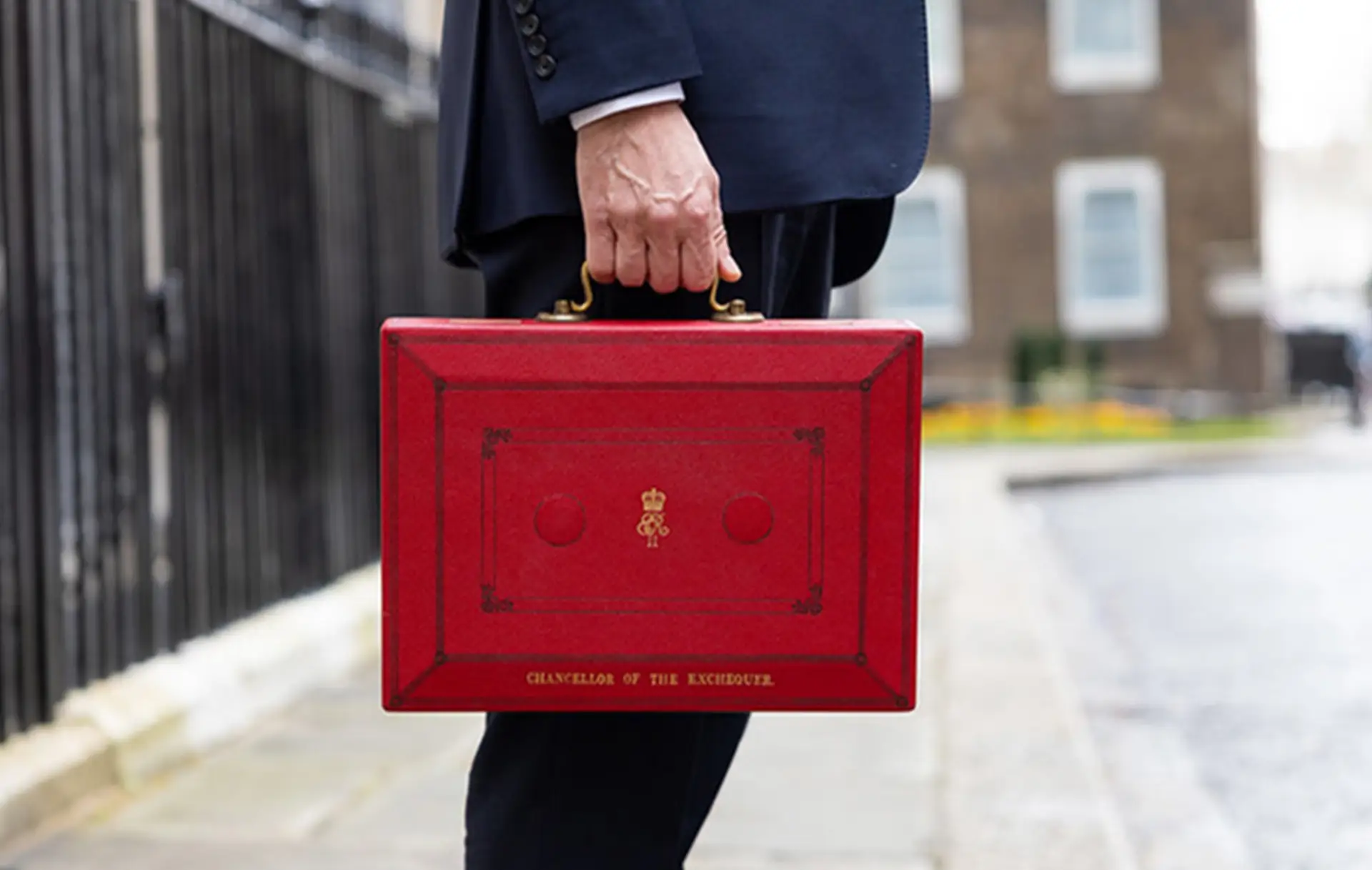Insights from Kilsby Williams’ Tax Director Rob Meredith
The headlines were as expected:
- Another 2% cut in Class 1 employee’s national insurance contributions (NICs) to 8%, and another cut in Class 4 NICs for the self employed to 6%, from 6 April 2024.
- Abolishment of the non-dom tax regime, replacing it with a temporary residence based system.
- Abolishment of the preferential tax regime for ‘furnished holiday lets’ (FHL) from 6 April 2025 with anti-forestalling provisions from 6 March 2024.
The Chancellor did include a couple of extra rabbits in the hat though including:
- An increase in the higher income child benefit charge (HICBC) income threshold from £50,000 to £60,000, and an increase in the taper range to £60,000 – £80,000 from 6 April 2024.
- An increase in the VAT registration threshold to £90,000, and the deregistration threshold to £88,000 from 1 April 2024.
- A cut in capital gains tax on residential property from 28% to 24%
- An intention to extend the full-expensing capital allowances regime to assets held for leasing.
The Class 1 NICs cut, added to the similar cut in the Autumn, is estimated to save an average worker £900 a year and represents a cost of over £10bn per year to the Treasury. It continues the Chancellor’s theme of rewarding work and will no doubt be welcomed by the 29m workers it is estimated to impact. There was a wider point made in the speech about the ambition to remove NICs completely which really would be something to get excited about but it was very much a statement of intent until the economy will allow it. Such ambition will please a large swathe of the country from a simplification perspective, but it has been mentioned at various times before and, despite the Chancellor’s optimism, it will no doubt still be on the agenda for a long time to come.
The HICBC change will be welcome relief to many and the tax industry has been putting significant pressure on the Treasury recently to do something about the cliff edges the charge brings to often unsuspecting taxpayers.
The cliff edge issues the charge brings remains for the time being though as the Chancellor announced that he was unable to abolish it at this stage. As the charge is based on household income, removing the cliff edge requires a change to household (rather than individual) taxation. The Chancellor therefore announced that a more significant refinement will come in from 6 April 2026, and a consultation will be run to determine how this should be done.
In a high inflation environment the tax industry has also been knocking on the Chancellor’s door to increase the VAT thresholds in recent years, and the Chancellor has again responded by increasing the thresholds for the first time in seven years from 1 April 2024. This is estimated to cost the Treasury up to £185m in 2025/26 but is then expected to be a revenue generator for the Treasury by 2028/29. The key element though is that it is estimated to take 28,000 businesses out of the VAT administrative burden in 2024/25 – something the small business community will appreciate for sure.
The change to the non-doms regime was met with much mudslinging across the chamber, with both sides accusing each other of stealing the idea at various points in history. The idea has been touted a number of times but there has often been a fear that it will put off foreign investment into the UK economy. With those concerns in mind, the Chancellor set out that, from 6 April 2025, there will be a 4 year period where individuals that have not been resident in the UK for the previous 10 years can come to the UK and keep their foreign income and gains out of the UK tax net. After this though, individuals that continue to be UK resident taxpayers will not have a remittance basis system available to them. The change is expected to raise up to £3.6bn each year. Transitional provisions were also announced.
The change included an intention to consult on a move to a tax-residence based system for IHT, something that would represent a significant change to the basis of IHT. This IHT change won’t happen until after 6 April 2025 however so we await further news on this in the coming months.
The abolishment of the preferential treatment for FHLs is a reasonably small revenue generator for the Treasury, expecting to bring in up to £245m in 2028/29. The regime principally treats FHLs as businesses (rather than rental businesses in investment properties), and allows the taxpayers running FHLs to claim some generous reliefs that are generally available to businesses. In particular, the regime allows a deduction for financing costs and relief from capital gains tax.
The change brings short-term lets in line with other rental businesses from 6 April 2025 and will represent some simplification in this area. It will also no doubt be cheered by those looking to buy or take a long-term rental in tourist areas. The change will however be a frustration for those with property who consider themselves to be running worthwhile businesses within the regime.
The impact of the FHLs changes may partly be offset by the reduction in capital gains tax on residential property from 24% to 28% from 6 April 2024. The Chancellor highlighted this as a tax cut (and on the face of it, it is) but the rate remains higher than the main CGT rate of 20% and it is expected to generate revenue for the Treasury of up to £350m in 2025/26. With this in mind, it’s difficult to see how it will bring about the significant behavioural change expected.
With regards to the full expensing on assets held for leasing, we wait to see what this looks like in the draft legislation.
All in all, this pre-election Budget was pretty much as expected. The speech and the supporting documents have put some colour on the Chancellor’s intentions in an election year and we look forward to seeing how it all plays out. There remains rumours of a May election but a vote later in the year still appears to be favourite at this stage. Whenever it may be, the shouting is likely to only get louder!




